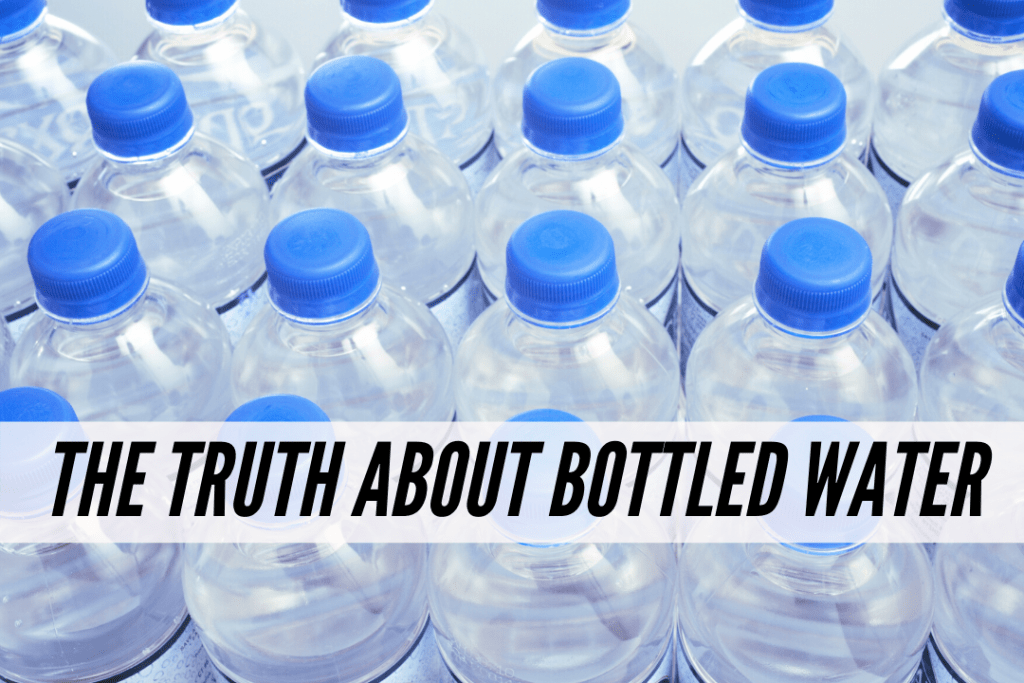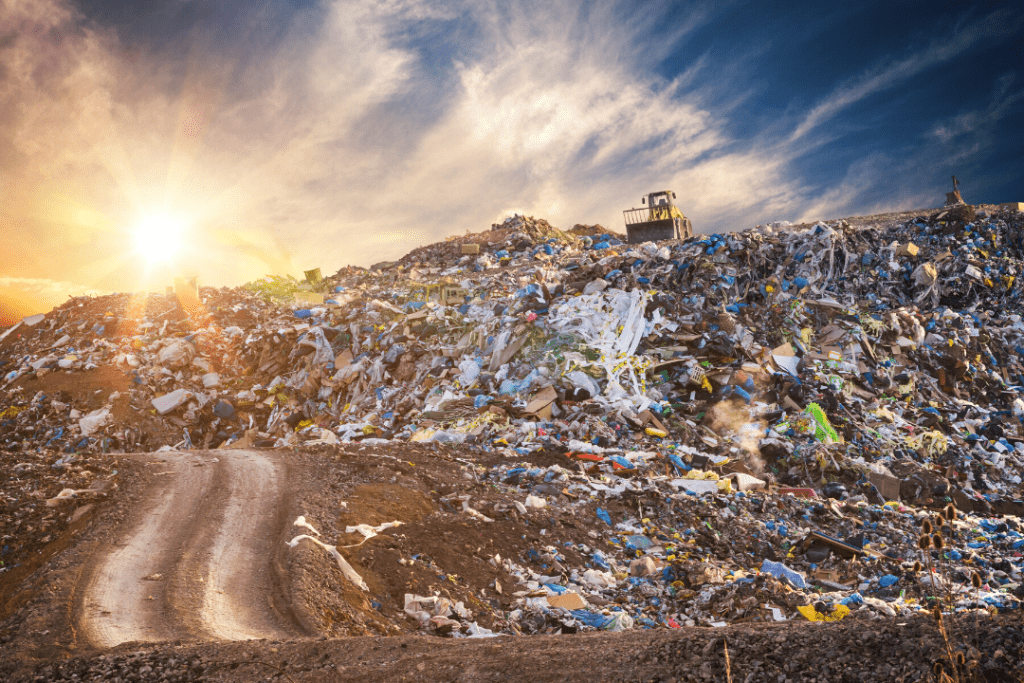Special Earth Day Feature: The Truth About Bottled Water

I’ll admit it: Not too long ago, I was a heavy bottled water user. I would buy cases of pre-packaged water because I thought they were convenient: I’d just grab a bottle out of the fridge before leaving to work out or run errands and be on my way.
However, after one of my classmates gave a speech on the negative effects of bottled water, I began to rethink my habit. I soon went out and bought a reusable bottle, and since then have dramatically cut down on my usage of bottled water. And I have learned that reusable water bottles are no less convenient than their disposable counterparts – and a lot better for our planet.
In honor of Earth Day, I wanted to share my new-found knowledge on the negative effects of bottled water with the rest of you in hopes of making a difference for our beloved planet. I hope you find this post informative and inspirational!
Table of Contents
Bottled Water & Waste

- Every square mile of ocean contains 46,000 pieces of floating plastic.
- A plastic bottle can take hundreds of years to break down – and even then, its particles don’t just disappear.
- Over time, plastic breaks down into smaller pieces that can contaminate our soil, animals, and waterways.
- Animals often mistake these plastic pieces for food. Once the plastic gets into their systems, these pieces can poison the animal and often lead to its death.
- 26 billion water bottles are thrown away each year.
- Only 1/5 of these are recycled.
Plastic is the world’s greatest source of pollution and water bottles make up the largest portion of the plastic in landfills today. As you may know, plastic does not degrade quickly, and may be harming our soil and animals. Plastic particles have even been linked to human health issues, as when we eat fish, for example, we often consume everything the fish has been exposed to – including chemicals leached from plastics. Even though the world has steadily gained more knowledge about recycling, today, most bottles still end up in landfills.














